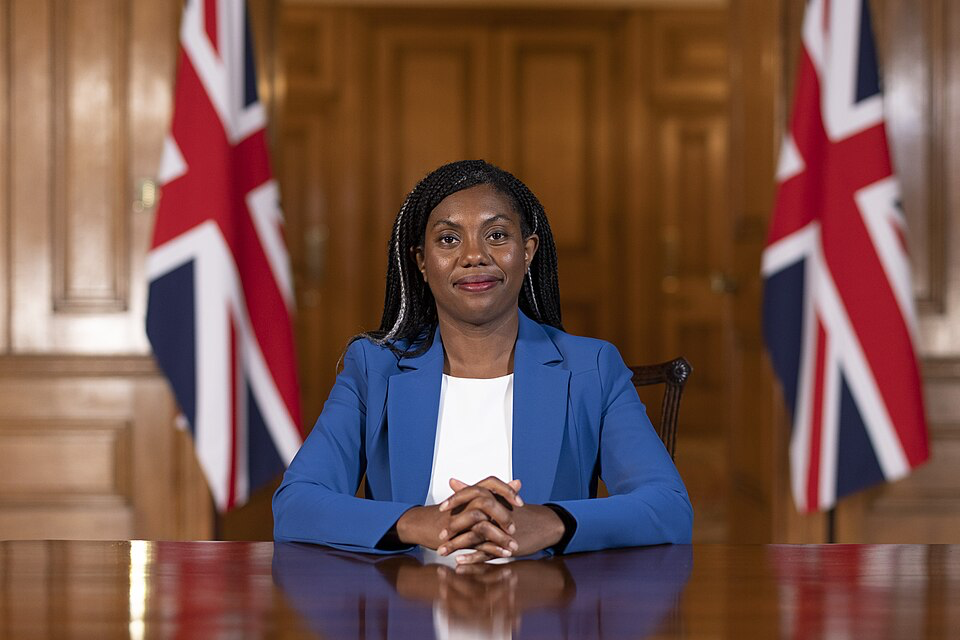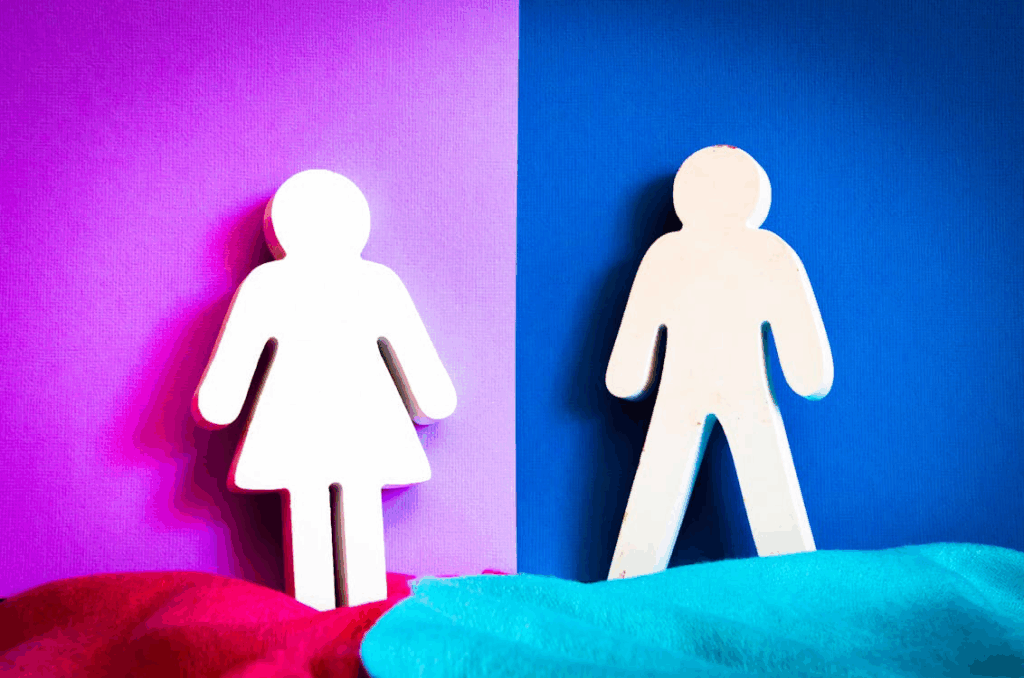In a ruling that sent ripples through communities across Britain, the UK Supreme Court has now declared that the legal definition of woman is based on biological sex under equalities law. This watershed moment caps years of heated debate. It will, however, reshape how sex-based rights work across Scotland, England, and Wales.
What This Means for the Definition of a Woman
Tears of joy and cries of distress erupted outside the courtroom as the judges sided with campaign group For Women Scotland. After all, the group had fought passionately for sex-based protections to apply only to people born female. Lord Hodge delivered the unanimous verdict. He stated clearly: “The terms woman and sex in the Equality Act 2010 refer to a biological woman and biological sex.”

But wait, is this a total victory for one side? Not according to Lord Hodge. He stressed that transgender people haven’t lost their shield against unfair treatment. Moreover, they remain protected “against discrimination through gender reassignment.” This protection extends to “direct discrimination, indirect discrimination, and harassment in their acquired gender.”
The Heart of the Legal Battle
At its core, this case boiled down to a question many of us never thought would need settling in court: What exactly do “woman” and “sex” mean in law? Ultimately, these seemingly simple words sparked a firestorm that traveled to Britain’s highest court. The Scottish government had insisted that transgender people with gender recognition certificates deserve the same protections as biological women. But is that what lawmakers intended when they crafted the Equality Act?
Susan Smith from For Women Scotland could barely contain her emotion when speaking outside the Supreme Court. Her voice breaking slightly, she declared: “Today the judges have said what we always believed to be the case. Women are protected by their biological sex.” She continued, “Sex is real and women can now feel safe. Services and spaces designated for women are for women.”
First Minister John Swinney quickly acknowledged the new reality. He posted that the ruling “gives clarity between two relevant pieces of legislation” and promised that “protecting the rights of all will underpin our actions” going forward. But for many, this feels like walking a tightrope between competing rights.
How the Woman Definition Impacts Single-Sex Spaces
Think about the places where privacy matters most: changing rooms, hospital wards, and shelters for vulnerable women. The judges painted a vivid picture of confusion. They argued that if sex were defined by certificates rather than biology, it would make definitions “incoherent.” The ruling tackled real-world concerns head-on. In particular, what happens in women’s colleges, changing rooms, hostels, and medical services? According to the judges, these spaces need the clarity that comes with biological definitions.
A UK government spokesman seemed relieved. He said the ruling brings “clarity and confidence for women and service providers.” This includes places like “hospitals, refuges, and sports clubs.” He emphasized that “single-sex spaces are protected in law and will always be protected by this government.” But will that protection feel like exclusion to others?
Mixed Reactions: Joy and Heartbreak

The ruling triggered an emotional storm across Britain. Conservative leader Kemi Badenoch called it a long-overdue “victory for all of the women who faced personal abuse or lost their jobs for stating the obvious.” However, she was quick to add that the court “clearly re-affirmed the Equality Act protects all trans people against discrimination.
Famous author JK Rowling praised the “three extraordinary, tenacious Scottish women” behind the case. She claimed they had “protected the rights of women and girls across the UK.” But for others, the ruling felt like the ground shifting beneath their feet. Scottish Green MSP Maggie Chapman’s voice trembled as she called it “a huge blow to some of the most marginalized people in our society.” She worried openly about trans people left “deeply anxious” about their future.
Vic Valentine from Scottish Trans didn’t hide the shock and fear the ruling caused. Valentine raised a troubling concern: “If transgender people might be excluded from both men’s and women’s spaces in some circumstances, where are they supposed to go?”
Legal Implications: What Happens Now?
Law lecturer Dr. Nick McKerrell broke down what this means in everyday terms. Specifically, a transgender woman with official documents who’s turned away from a women-only space can no longer say, “You’re discriminating against me as a woman.” That door has closed. Will your workplace need separate spaces based strictly on biological sex? Maybe, according to McKerrell. But he cautioned against seeing this ruling as the final word on access to single-sex spaces.
“It doesn’t mean everything overnight is going to change in terms of stopping trans people from accessing services,” he told media sources. “It will depend on what providers think the new definition will mean for them.” In other words, the dust hasn’t settled yet.
Origins of the Case: The Journey to Define Woman in Law
This legal journey began back in 2018 with something that seemed straightforward, ensuring gender balance on public boards in Scotland. Soon after, For Women Scotland challenged the inclusion of transgender people in gender quotas, sparking a legal battle that would wind through multiple courts. In 2022, Scottish ministers celebrated a victory when Judge Lady Haldane ruled that the definition of sex was “not limited to biological or birth sex.” That same year, the Scottish Parliament passed reforms to make legally changing one’s recognized sex easier, reforms the UK government swiftly blocked.

This Supreme Court ruling on the definition of a woman closes one chapter but opens another. Britain now faces the challenge of balancing transgender rights with sex-based protections. One thing is clear: the conversation isn’t over. For many people on both sides, it’s deeply personal. It affects their sense of identity, safety, and belonging in society.
Read More: Utah State Volleyball Team Forfeits Matchs Because of Trans Player

